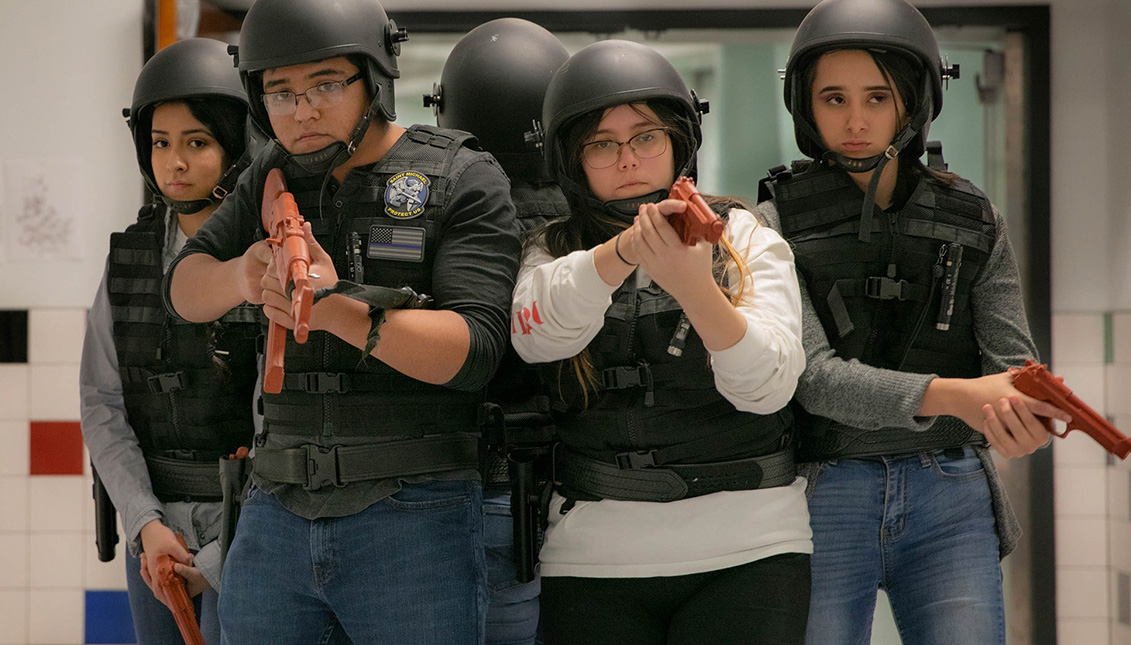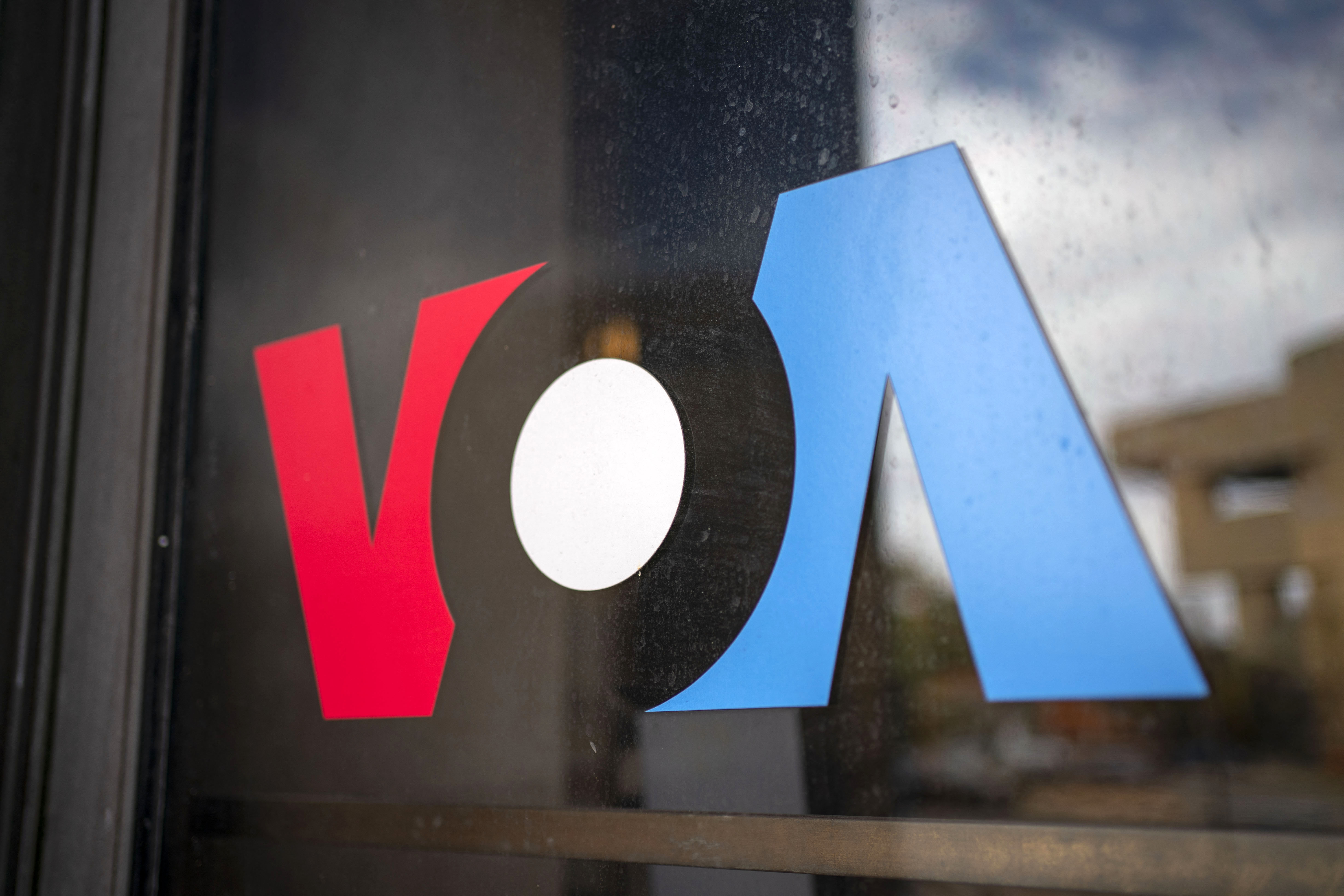
Biden raises his immigration reform. Meanwhile, in El Paso...
Mexican-American teenagers are recruited in Texas high schools to become ICE agents.
Good wages and the possibility of owning a gun. These are the main incentives for a professional training provided by a Texas high school to its students, which has been revealed in the documentary At the Ready, screened at Sundance last week.
It shows how teenagers, especially Mexican-Americans, are recruited in El Paso to become the future enforcers of immigration laws.
Located just 10 miles from the Mexican border and with a largely Latino student body, Horizon is one of the great breeding grounds for future ICE, DEA and U.S. law enforcement and corrections officers.
When At the Ready director Maisie Crow began filming the documentary in 2018, there were more than 900 schools in Texas offering such programs, which are very attractive in cities like El Paso, considered the safest city in the entire country, and the one with the highest concentration of migrants and a place where there are few career options except in law enforcement.
Drawing a gun, handcuffing a detainee and even practicing paramilitary maneuvers are the training these mostly Latino youths receive.
However, for many Latino teenagers who end up applying to these programs and their families, the future poses more of a moral problem. Especially when buses of deportees, the result of Trump's family separation policy, cross their path loaded with children and it becomes difficult for them to think that their goal as graduates of Horizon's Criminal Justice Club will be "to protect us from bad things like cartels, drugs coming into the country," tell the parents of a recent graduate.
Students learn in these courses how to properly handcuff a suspect, hold a gun and draw it, and even perform paramilitary maneuvers, along with the promise that in the midst of the country's economic crisis they will start earning a salary of around $50,000 controlling borders. A more than appetizing reward.
In the city of El Paso, the profession of customs control agent continues to be the most lucrative option for many Mexican-American teenagers.
The stories collected in At The Ready reflect the debates and moral doubts of the children. Like Mason (now Kassy, a transgender person), who joined Horizon's Criminal Justice Club looking for community and purpose, but as an LGBTQ+ and Latina person, she wonders if she can really make a career out of enforcing immigration policies she disagrees with.
RELATED CONTENT
Or Cesar, whose father was deported to Juarez after an arrest and who joined the Criminal Justice Club when a border guard proposed to him on one of the occasions when Cesar crossed the border to visit his father.
One of the most interesting points of At the Ready and its protagonists has to do with the particular conjuncture experienced in 2018, the year of the shooting and also of the caravan of migrants from Central America that headed to the border provoking an arduous political debate and a moment of extreme racial tension and xenophobia.
Horizon students witnessed, like everyone else, the Trump administration's violent rhetoric and blood-curdling images, prompting a heated discussion that one student wants to stay out of. "Are they talking about people or a plague?" he questioned.
Now that the Biden administration, the most multicultural in the history of the country, has set to work on a necessary reform of immigration policy, the edges of this debate not only have to do with the regularization of the legal status of many people or with the massive deportations we have witnessed — often silently — but also with the future of many young people who live in the contradiction of pursuing a career that often collides with their own identity and legacy.
The debate is still open, its bangs as infinite as the notions of border-wall-fence-sense of belonging and privilege.
To what extent does a school become a trench?











LEAVE A COMMENT: